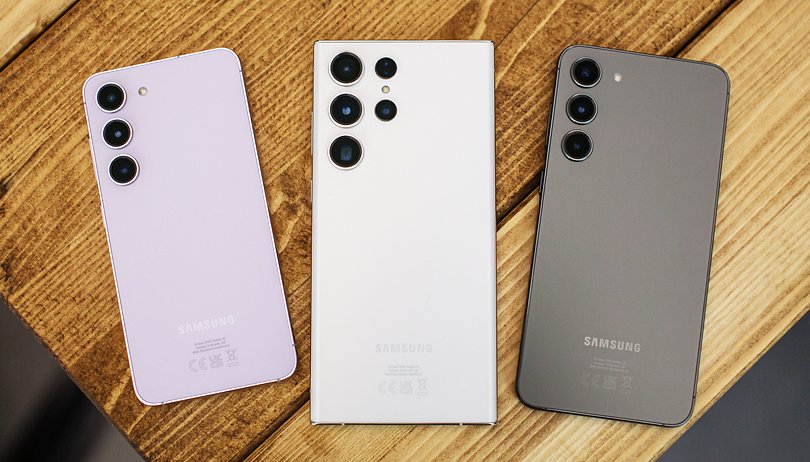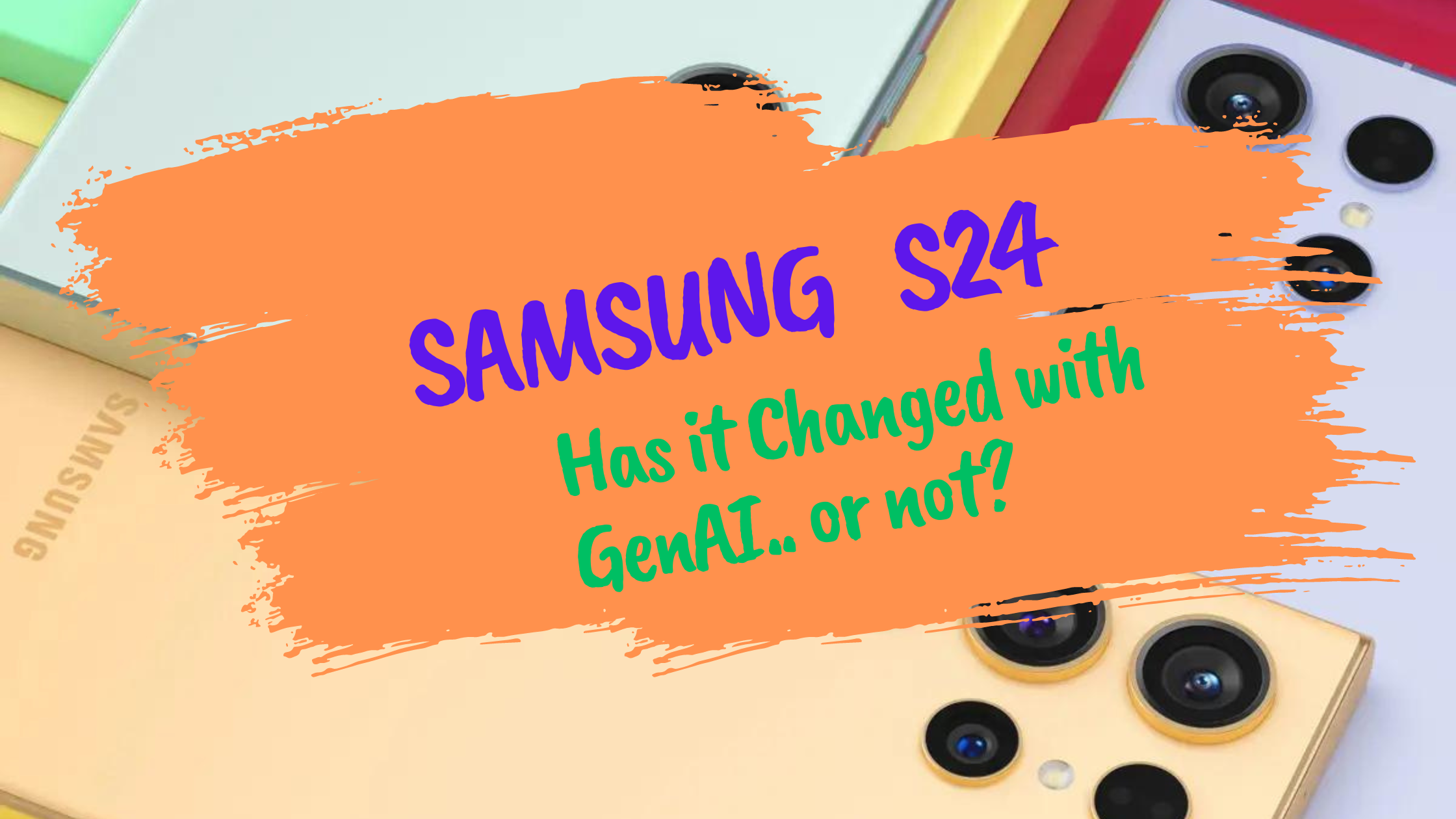The Samsung S24 series comes with a diverse set of AI features, presented not as a mere marketing trick but as a fundamental aspect of its offerings.
We might be witnessing a crucial phase in the development of smartphones, especially with the introduction of the first ‘post-smartphone’ devices like the Humane AI pin this year. Even though it may not be apparent at the moment, smartphone companies appear to be concerned that they will also have to provide on-device AI capabilities, not just as a marketing strategy but as an essential feature.
AI in smartphones is not a novel concept, with companies promoting AI cameras and other features for some years. However, in the pre-GPT era, it served as an add-on to enhance specific functionalities, often perceived as non-essential by users. Google Pixel phones were recognized as real AI phones, leveraging the company’s understanding to elevate smartphone photography. The Samsung S24 series is now taking a significant step forward, providing insight into how AI might reshape smartphones in the imminent future.

The S24 series introduces various AI capabilities, spanning photography, productivity, and language communication. While the showcased features may not be groundbreaking, they represent advancements in familiar functionalities. Noteworthy features include live translation during phone calls, meeting transcription and summarization, and photo editing suggestions – practical solutions addressing real-life challenges that users are likely to find valuable.
When it was mentioned that the S24 series indicates the direction smartphones are taking, the focus wasn’t on those specific features. Surprisingly, the hardware of the S24 series doesn’t deviate much from what was introduced in the S23 last year. Considering flagship smartphones already possess more power than users typically utilize, the emphasis seems to be shifting towards AI-driven software enhancements, as exemplified in the S24.
Curiously, Samsung’s briefings and press materials concerning the S24 series barely touch upon the processor, battery, and other specifications traditionally emphasized in previous launches. Instead, the spotlight is firmly on the innovative AI-driven enhancements. This represents a refreshing change in the narrative, with Samsung choosing to highlight what the phone can do for users rather than delving into the technical details that often go unnoticed by the majority of users.
This gradual shift has been in progress for a while. Take the Google Pixel, for example—it doesn’t boast the most powerful processors, but that doesn’t hinder its AI capabilities. High-end processors are already adept at managing on-device AI tasks.
Another significant change is the move towards on-device processing of queries. The S24 can handle most AI tasks without needing internet access, except for generative AI. This means users won’t experience delays in obtaining results, even on slow networks, making these features more practical and likely to be utilized. For privacy-conscious individuals, this also ensures that their data is not vulnerable to misuse. With Apple’s future AI features, it wouldn’t be surprising if they, too, prioritize on-device processing.
On the flip side, companies might be considering a different approach. If all features can be enhanced and managed through AI remotely, a phone could get by with just a basic processor, good display, and long-lasting battery. This could lead to more affordable smartphones, offering features as a service. Users could enjoy lower prices and choose to pay only for the features they actually use. This concept, similar to Chromebooks, has been attempted before, like with the 2016 Robin concept phone. In 2024, with advancements in AI, a thin-client smartphone concept could become feasible and appealing to many users.
However, when asked about this after the Galaxy S24 launch, Wonjun Choi, Executive Vice President at Mobile eXperience Business in Samsung Electronics, expressed disagreement with the thin-client idea. He believes that the key features of smartphones will endure, and performance will keep improving to support these essential features.
